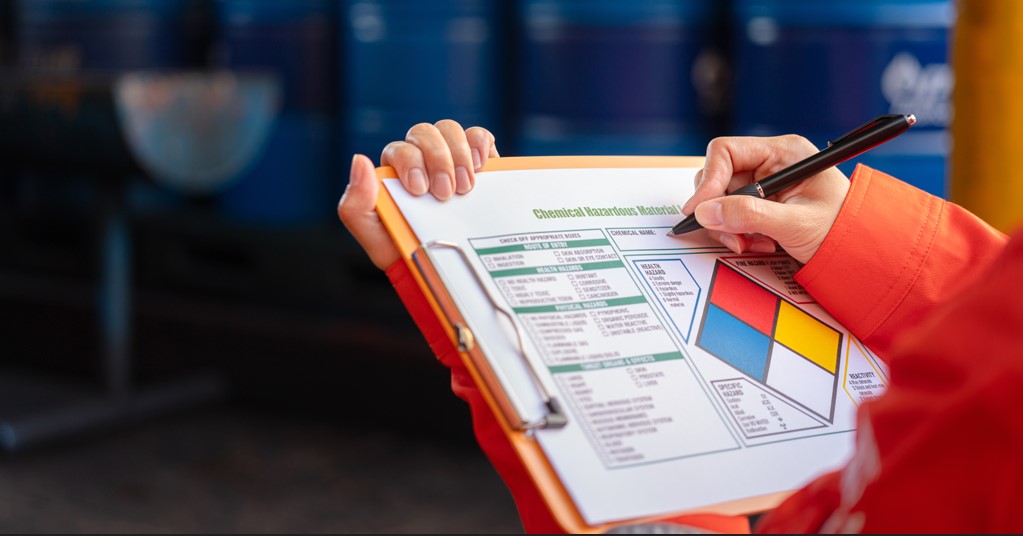
Why and How You Need to Take Care of Your Company Cars

As a business owner who has invested in a company-owned cars, maintaining the safety of these vehicles is ultimately your responsibility. And it’s pretty important, too. Case in point: More than 44,000 vehicle accidents each year are attributed to issues with brakes, tires, steering and engine components, according to the National Highway Traffic Safety Administration. Many of these accidents could have been prevented with proper vehicle maintenance and routine inspections. That should make company car safety a top priority. With that in mind, here are a few key considerations to help keep your vehicle fleet in top condition:
It’s Good for Company Morale
Heed the advice of Virgin founder Sir Richard Branson: If you want your employees to take good care of your business, then you must take care of them. The same can be said for maintaining your company vehicles. The way you manage your fleet of vehicles is another opportunity to illustrate your appreciation for your team.
After consulting your team’s schedules, make sure to schedule regular maintenance to make these services convenient for everyone. You might also look into having a mobile car wash service visit your company regularly to keep your fleet looking great. And consider a no-smoking policy to keep them smelling clean. Vehicle no-smoking labels will help protect your investment and keep employees happy.
Not only will this keep your vehicles in top condition, but it will also show your team you value their comfort and company car safety.
Maintenance is Your Responsibility
Whether you do it yourself or rely on the professionals, vehicle maintenance is your responsibility as the company owner. Don’t leave this task to your employees; instead, you can designate a fleet specialist to keep everything running in top form.
While it may seem easier and prudent to make each driver responsible for maintaining the vehicle that they drive, it’s unreasonable to entrust them to handle auto care when they should instead be focused on carrying out essential job duties.
After all, in the event something goes wrong, you’re the one who will ultimately be responsible. Protect yourself from the start by being proactive with routine maintenance and care.
And be sure to visit NHTSA to check for recalls that may affect your vehicles.
Check the Tires
Investing in sturdy, well-manufactured tires is essential for safe driving. That’s because tires that are worn and don’t feature enough tread can decrease traction in inclement weather conditions, making it easier to get into a serious accident. Protect your investment — both your employees and your vehicle fleet — by inspecting the tires on a monthly basis.
An easy way to do this is to use a penny to measure the depth of the tread of each tire. If the tread doesn’t reach Lincoln’s head, the tires need to be replaced. Other issues to keep an eye out for are dry rot and punctures, which can cause a flat tire or even a blowout.
Change the Oil
High-quality motor oil is essential to keep your vehicle’s engine running in top form. But it needs to be changed regularly and on a schedule, as older motor oil can contain buildup and debris that can cause engine trouble. Consult your vehicle manual for how often the oil needs to be changed.
You can also set calendar reminders to ensure that this task is not neglected. Failure to change the oil could result in severe engine damage and require costly repairs, so it’s well worth taking the time to perform this inexpensive service to save your company time, money and stress in the long run.
Annual Inspection
Have your entire vehicle fleet inspected annually by an experienced pro to ensure all systems are in proper working order. This inspection should include the entire engine, all fluids, brakes, heating and cooling systems, the alignment and any other vehicle-specific systems. Repair or replace any problematic parts immediately to maintain the integrity of the vehicle. In addition to preserving your team’s safety, this can also help save your company a lot of money in the long run.
Your Team is Worth It
Though your company’s focus may not be on vehicles, keeping your fleet of company vehicles well-maintained is key in helping these vehicles run smoothly and keeping your employees happy and safe. By performing regular tire inspections, oil changes and annual inspections, you can rest assured knowing your investment is protected.

